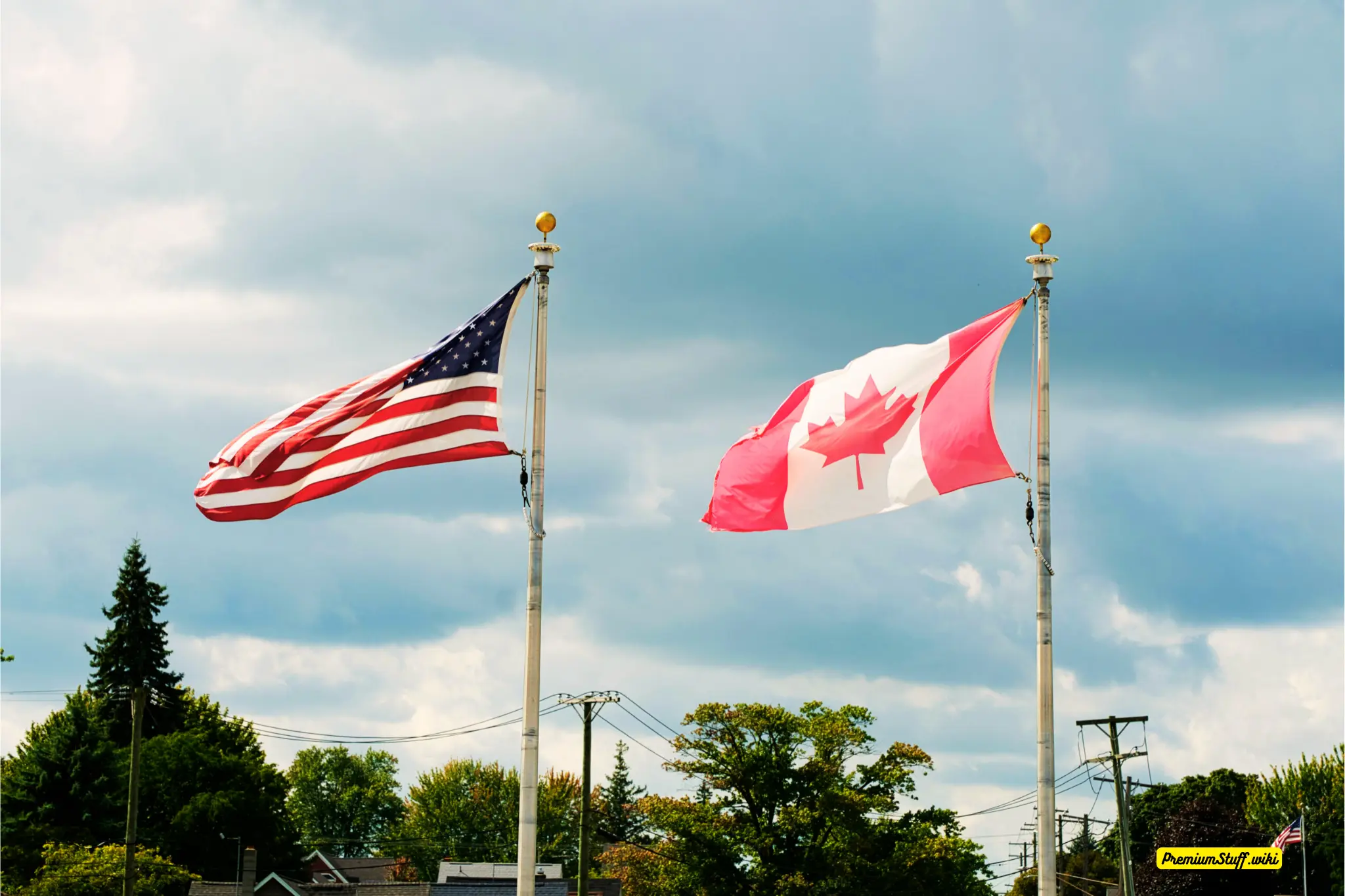Canadian Tourists Shun U.S. Trips Amid Escalating Political Tensions

A growing number of Canadian travelers are turning their backs on the United States, citing increased political tensions, trade disputes, and concerns over personal treatment at the border. Since early 2025, anecdotal evidence and official data both point to a significant cooling in Canadian enthusiasm for visiting their southern neighbor — traditionally the top destination for Canadian tourists.
Border crossings into the U.S. from Canada have plummeted. The latest figures reveal that in March 2025 alone, there were over 910,000 fewer land border crossings compared to the same month the previous year, representing a staggering 22% decline. Airlines are also feeling the chill; Air Canada reported a 10% decrease in bookings for flights to the U.S. between April and September 2025.
Several factors are driving the trend. Canadians cite President Trump’s abrasive rhetoric toward Canada, including personal insults directed at Prime Minister Justin Trudeau, as a major deterrent. Trade tariffs on Canadian goods and a general atmosphere of unpredictability at border crossings — including reports of invasive questioning and electronics searches — have only fueled discomfort.
For travelers like Diana and Rick Bellamy from Calgary, who canceled a long-planned American road trip to vacation in Mexico instead, the decision was emotional as much as practical. “It’s just not a welcoming feeling anymore,” Rick said in a televised interview with CBC News. “We don’t want to spend our hard-earned money in a place that doesn’t seem to want us there.”
The economic consequences are real. States like Florida, Arizona, and Vermont — which rely heavily on Canadian ‘snowbirds’ and holidaymakers — are already noticing the downturn in visitor spending. Restaurants, hotels, and retail outlets that once benefited from Canadian dollars are now seeking ways to attract visitors from other regions.
Experts warn that unless diplomatic relations improve and border experiences become more traveler-friendly, the long-standing tradition of easy cross-border tourism between the U.S. and Canada could suffer lasting damage, with ripple effects felt across multiple sectors of the U.S. economy.








